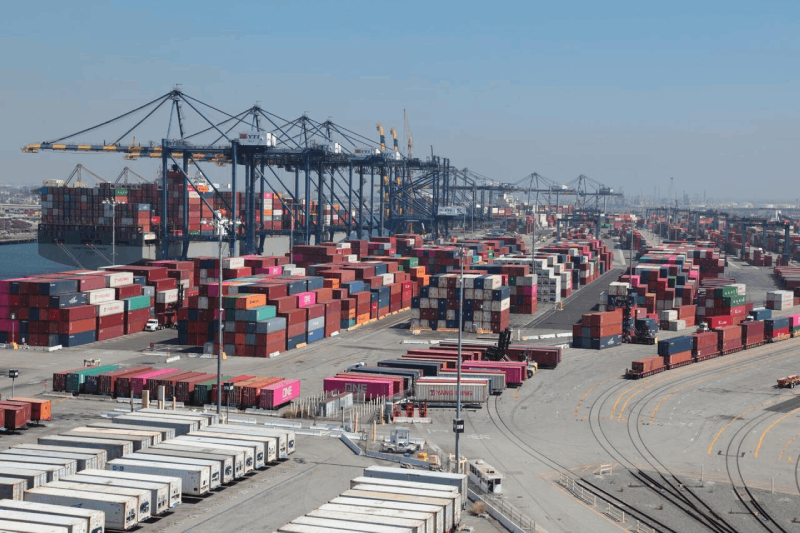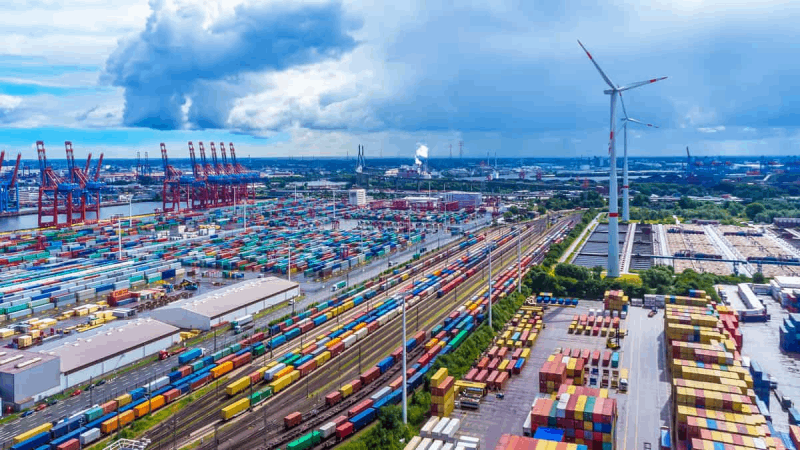Time:2021-10-28 Publisher:Kevin Num:7545

The global supply chain congestion brings great trouble to shippers and freight forwarders. Many countries have taken many measures to deal with it. Singapore's port operators have made an important decision.
Originally, at the end of 2021, Tuas port in Singapore would open two berths. However, due to the repeated epidemic and port congestion, Tuas port had to open the storage yard area of the port in advance.
Today, congestion has led to delays in shipping schedules and the accumulation of containers at major ports.
According to statistics, in August this year, Singapore's shipping schedule reliability fell to an all-time low of 33.6%. The average delay was 7.5 days.
There are many factors leading to the decline of the scheduled shift rate, such as the blockage of the Suez Canal by the "ever given" ship in March and the chain reaction of covid-19.
Just last week, Vancouver, Canada's main port, also experienced severe congestion. The warehouses near the port are full of containers, and the boxes at the wharf are piled up like a mountain.
(Related reading:Severe congestion in Vancouver Port, Canada )

Chee Hong Tat, senior minister of transport of Singapore, said that earlier, a ship jumped over the port in the Persian Gulf to Singapore, and then unloaded 2700 containers, which were stored in the port yard.
He said that by doing so, PSA could enable the shipping company to skip a port in the Cape of good hope and catch up with its shipping schedule.
It is worth noting that in May this year, due to the rebound of the epidemic, the operation of Yantian port in China slowed down, and PSA also assisted in the transfer of some ships and goods.
"At present, we have become the preferred port for shipping companies. Singapore port can not only make up for the lost time, but also solve their operational difficulties," he added.
At present, Singapore's five container terminals are located on the edge of the city, and a new giant port is under construction. By 2040, Singapore's annual production capacity will reach 65 million TEU.



